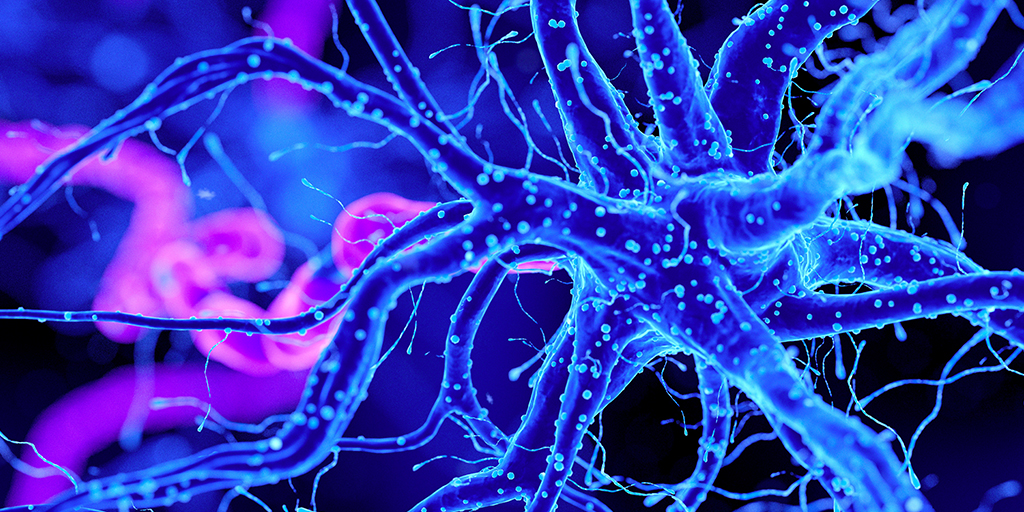Reviving a Dead Brain? Really?

Answer a few questions and we'll provide you with a list of primary care providers that best fit your needs.
It sounds like a sci-fi movie. Last week Yale researchers revealed their ability to suspend cell death and revive some basic cell function in the brains of pigs four hours after they died.
Their groundbreaking findings are raising plenty of eyebrows. Premier Health Now looked to neuropsychologist Fadi Tayim, Ph.D., division chief of the Brain Mapping Center, at the Clinical Neuroscience Institute to help explain what it all means.
Working with pig brains retrieved from a pork processing plant, the researchers first injected a drug to stop the brain cells from dying. Then they flushed the brains with a blood substitute.
After doing so, what they discovered, says Dr. Tayim, is some basic cellular activity in these brains even though the pigs had been dead for four hours. “The emphasis here is on basic,” says Dr. Tayim. “Normal functioning was not restored. It’s like you plug in your television. The circuits are there but there’s nothing on the screen.”
Until now, scientists were not aware that brain cells can remain active for more than just a few minutes after death.
Dr. Tayim calls the discovery “exciting, a potential game-changer. It provides new ways for us to understand cell activity after death.”
Although the researchers made it clear that there are no human implications at this point, Dr. Tayim says he can’t help but wonder how the discovery may one day impact humans. “Will we someday be able to suspend tissue damage in someone who suffers a stroke or a traumatic brain injury? That would be amazing!”
Answer a few questions and we'll provide you with a list of primary care providers that best fit your needs.
Source: Fadi Tayim, Ph.D., Division Chief of Brain Mapping Center, Clinical Neuroscience Institute; CNN.com





